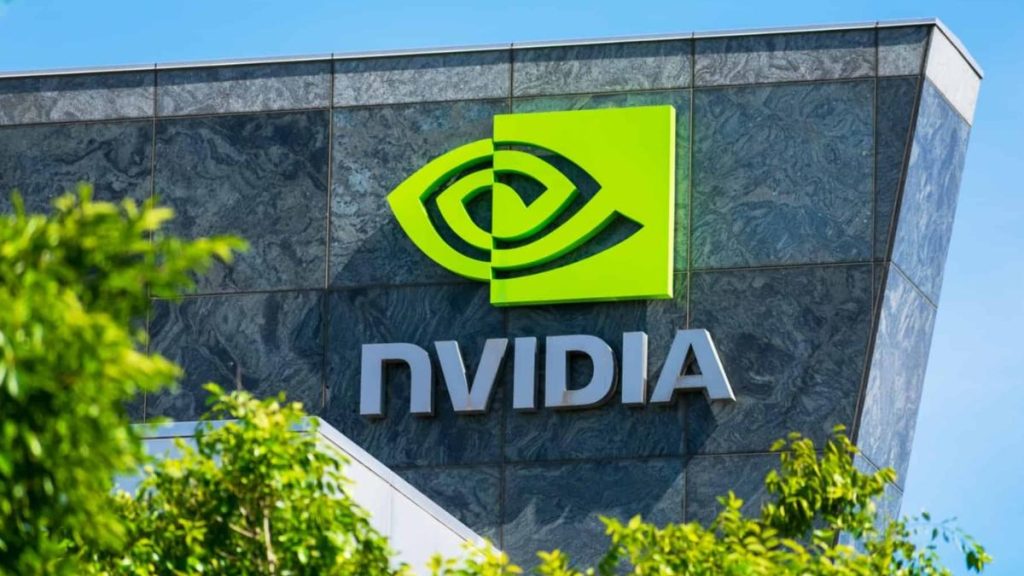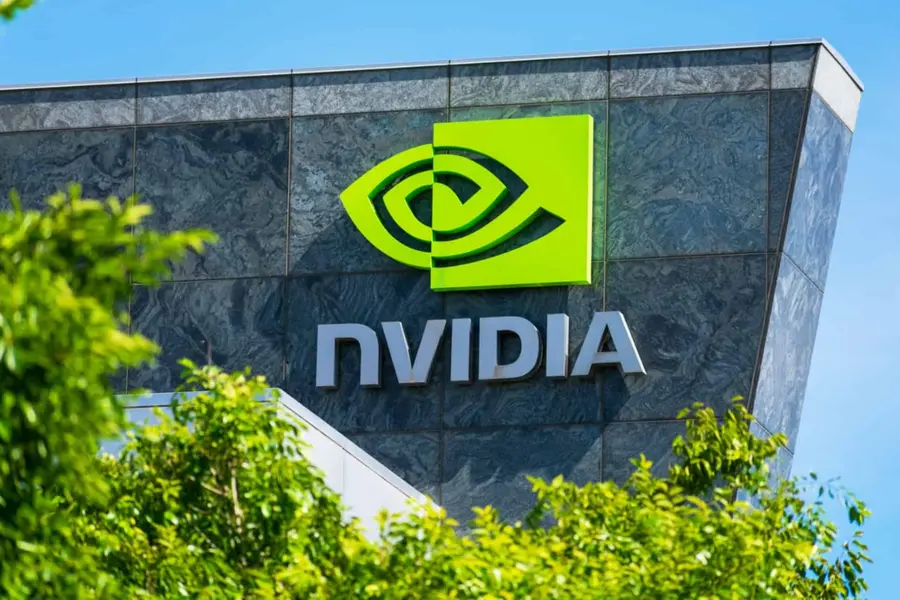China investigates Nvidia’s H20 AI chips over alleged backdoor vulnerabilities, raising security and trust concerns among Chinese consumers
Beijing: A social media account linked to China’s state broadcaster CCTV has raised alarms over the safety of Nvidia’s H20 chips for the Chinese market, following official worries about potential backdoor vulnerabilities in the technology.
The account, Yuyuan Tantian, published an article on WeChat on Sunday, criticising the H20 chips for lacking technological advancement and being unfriendly to the environment.
The article reportedly said, “When a type of chip is neither environmentally friendly, nor advanced, nor safe, as consumers, we certainly have the option not to buy it”.
The H20 AI chips were designed by Nvidia specifically for China after the US imposed export controls on cutting-edge AI processors towards the end of 2023.
During escalating trade tensions with China, the Trump administration imposed a ban on these chip sales in April but lifted the restrictions in July.
China’s cyberspace regulator confirmed on July 31 that it had summoned Nvidia for a meeting, demanding clarity on whether the H20 chips contained any backdoor security flaws — hidden methods that could bypass standard security protocols or authentication.
A Nvidia spokesperson told CNBC that cybersecurity remains a top priority for the company and confirmed that their chips do not contain any ‘backdoors’ allowing remote access or control.
Nevertheless, the Yuyuan Tantian article alleged that Nvidia’s chips may have hardware backdoors enabling functions such as “remote shutdown”.
This criticism echoes remarks by People’s Daily, another prominent Chinese state media outlet, which earlier this month called on Nvidia to provide “convincing security assurances” to dispel concerns among Chinese users and restore confidence in its products.
Subscribe to our Newsletter
Disclaimer: Kindly avoid objectionable, derogatory, unlawful and lewd comments, while responding to reports. Such comments are punishable under cyber laws. Please keep away from personal attacks. The opinions expressed here are the personal opinions of readers and not that of Mathrubhumi.


